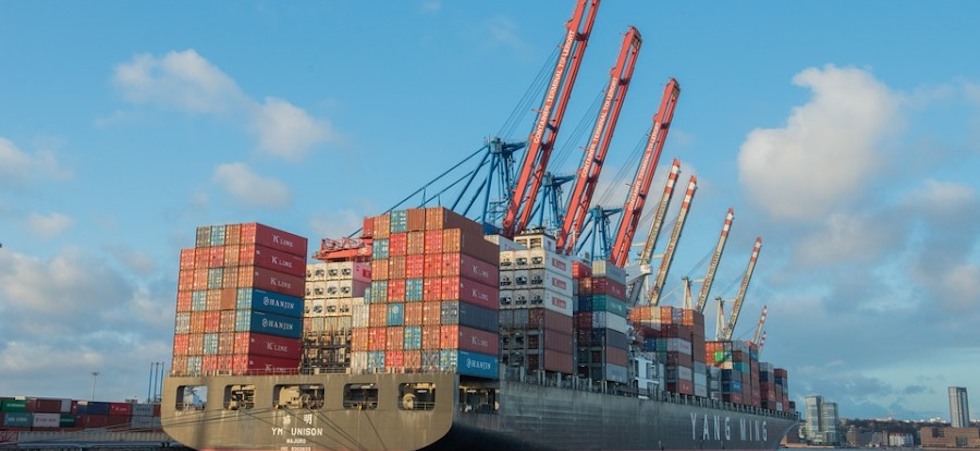Plans to enforce checks on products entering the UK have been published by the UK Government, in collaboration with the Scottish and Welsh Governments.
According to a Government statement, the draft Border Target Operating Model sets out a plan to “realise the ambition” of the 2025 Border Strategy to create “the most effective border in the world.”
The draft has been devised following engagement with the Border Industry and businesses across the UK. A further six week engagement period will now take place, with the final Target Operating Model to be published later this year.
The new Border Operating Model will require:
- All businesses importing fresh or frozen meat, dairy and other goods to provide an export health certificate alongside the consignment of goods entering the UK
- All export health certificates must be signed in person by a vet at point of departure
- Every consignment of goods in the medium and high-risk categories entering the UK will face a new ‘border tax’ up to £41 per consignment whether or not they are to be inspected
- All goods in medium and high-risk categories will be subject to documentary checks, largely negating the promises around light touch physical inspection.
The plan is backed by over a £1 billion investment across this spending review period, to improve how Government systems and technology support the movement of goods and people across the border.
The proposed new model aims to prevent delays at the border through a reduction in the need for physical checks for many types of goods, and by ensuring that checks take place away from ports where this is needed to allow traffic to flow freely. The Government said that the plans will “strengthen [UK] borders against biosecurity threats and illegal imports.”
The proposals in the Target Operating Model apply to imports from all countries.
Rupert Ashby, chief executive of the British Frozen Food Federation commented: “The BFFF welcomes the publication of the government’s long-awaited 2025 UK Border Strategy. Our team of technical experts are now working at pace to analyse the contents of the strategy to best advise our members about how the plan will affect the frozen food industry.
“On the face of it, the Target Operating Model (TOM) for the future of trade will be a positive step to stabilising post-Brexit trade relations. The government’s ambition for a border which embraces innovation and simplifies processes for businesses is echoed by the frozen food industry, which is looking forward to capitalising on more efficient trade relationships.
“Following the Windsor Framework and the UK’s accession to the CPTPP, the TOM published today will hopefully provide more good news for the frozen industry.
“Frozen food has become an increasingly popular choice for consumers looking for high quality and affordable options in their weekly shop and I know that our members will seek to reach more international markets, making full use of the 2025 UK Border Strategy.”
No time to prepare
Logistics trade body the Cold Chain Federation (CCF) has warned that the proposals will fuel shortages and price inflation. Its chief executive, Shane Brennan, said that the proposals are: “A massive disappointment [that] solve none of the real risks facing our post-Brexit food supply chains and will exacerbate shortages on the shelf and food inflation.”
He continued: “When plans to bring in controls starting from July 2022 were cancelled, we were promised a fundamentally new approach to how the UK would manage its border, that is not what this proposal is. None of the fundamental problems have been solved and business have nowhere near enough time to prepare.
“Groupage, which is the only cost-effective way to move smaller volumes of food goods into food retail, restaurants and more, will no longer be workable under the new regulations so we can expect a collapse in the volume of speciality products coming into the UK. Overall, exporting products such as meat and dairy from the EU into the UK will be more expensive, slower and more complicated.”
He added: “We have to expect that many EU based food exporters will take one look at these proposals and decide to cease supplying UK customers. As the recent tomato shortages have shown, food suppliers have plenty of options to sell elsewhere. Bringing in this scheme, in this form, at this pace, at a time of spiralling food price inflation and ongoing supply shortages is a really bad idea.”
Full details of the draft proposals can be found here.









